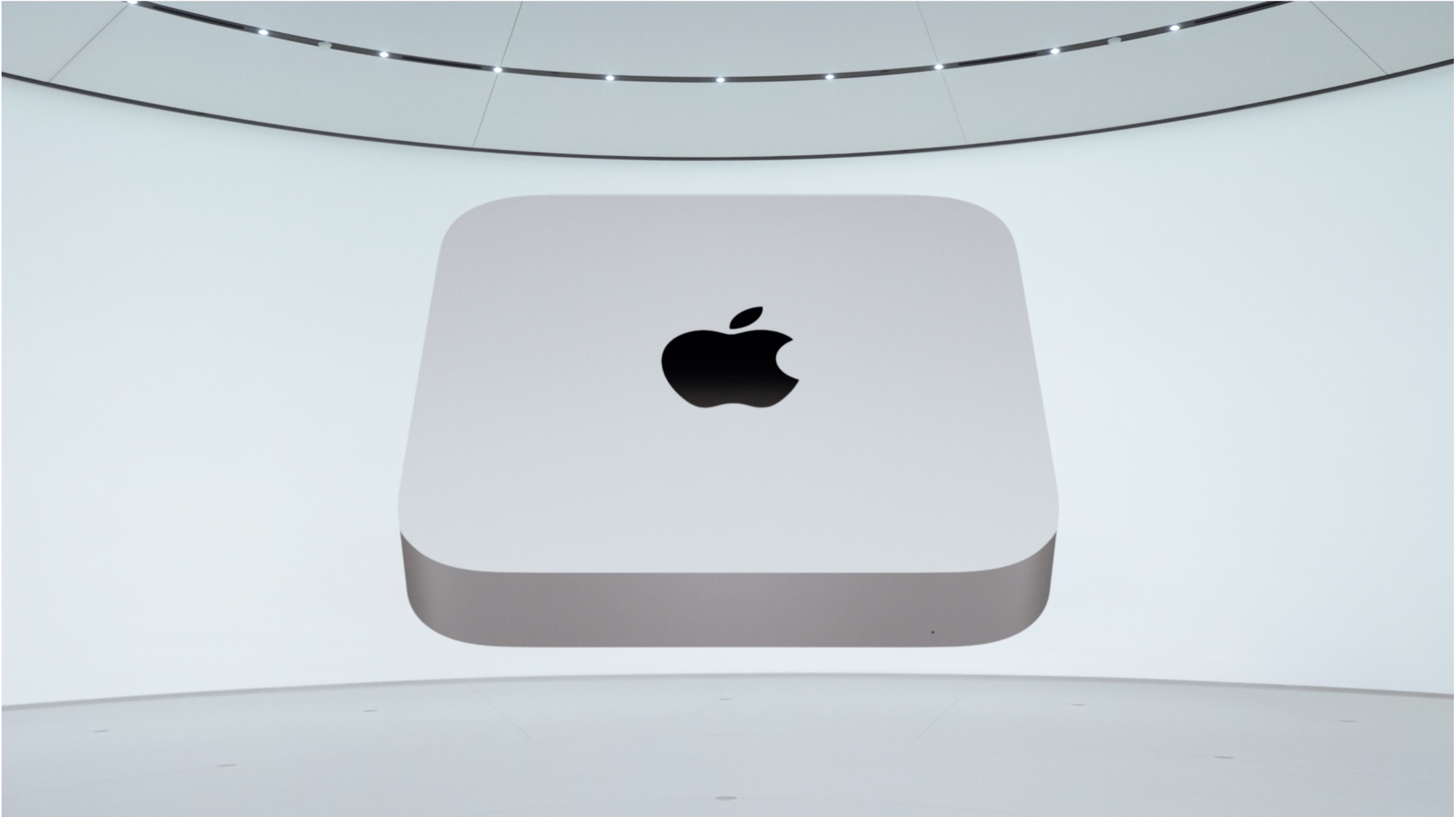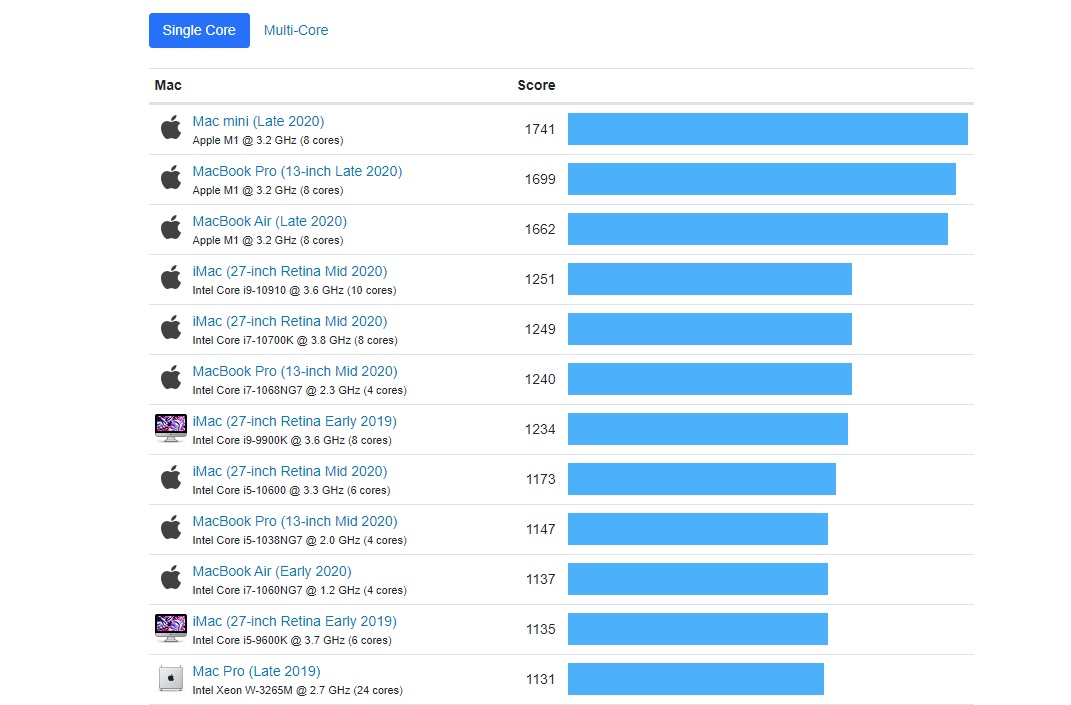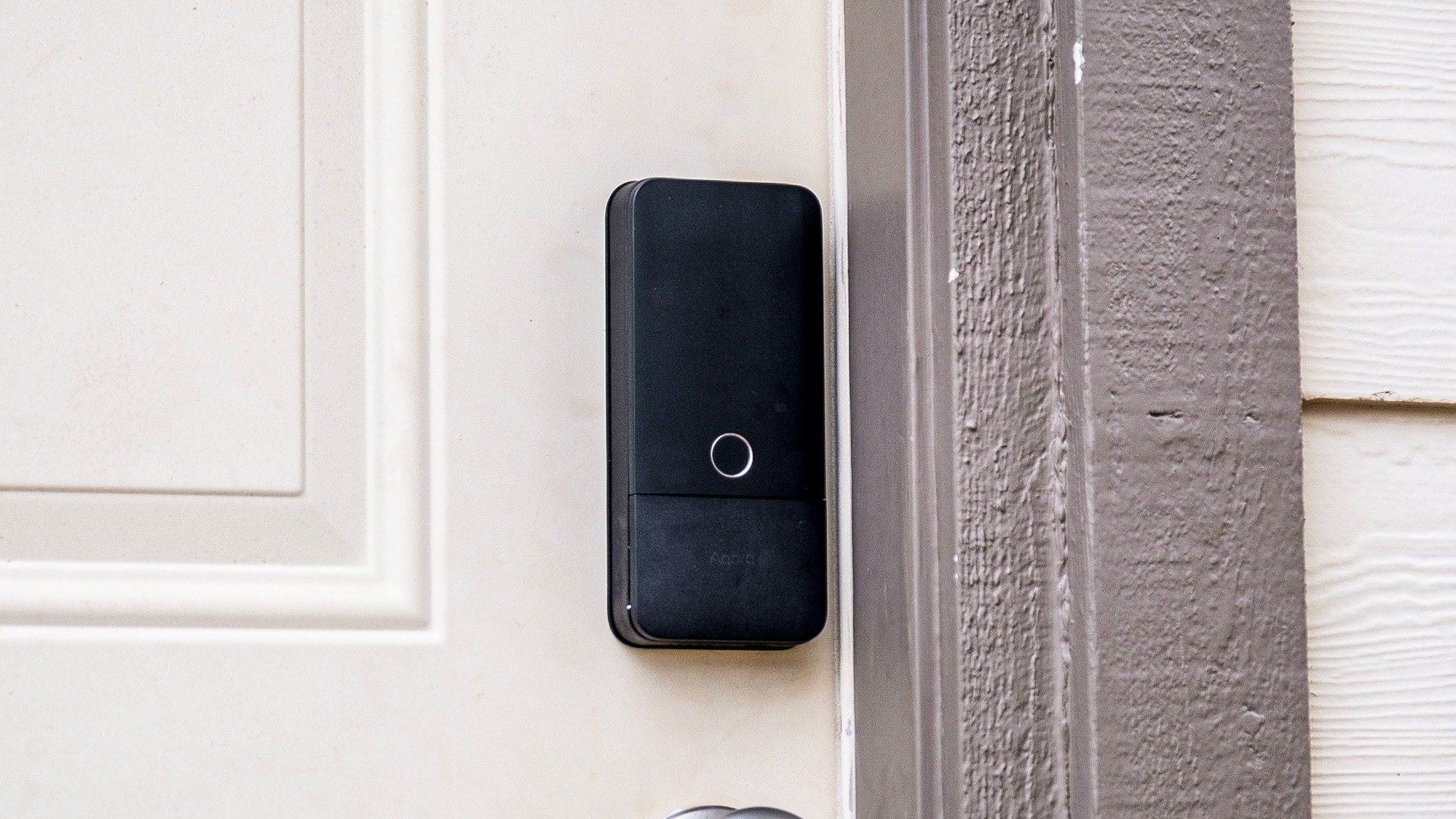Mac mini M1 benchmarks revealed — and they crush Intel
Apple M1 Macs crush Intel in Geekbench 5 — see the results

Intel has a new fight on its hands, as new benchmarks spotted by MacRumors show how the new Apple silicon Mac mini with the Apple M1 chip can soar past Intel-based Macs.
Geekbench 5 results posted for the Mac mini late 2020 model with the M1 chip running at 3.2GHz reveal a single-core score of 1,741. The nearest Intel chip to it in single-core performance is the Core i9-10910, a 10-core processor running at 3.6Ghz in an Apple iMac 2020, which kicks out a score of 1,251.
- The best mini PCs you can buy
- MacBook Air with M1 review - a computing revolution
- Just in: MacBook Air M1 benchmark results — Intel is officially in trouble
That means a $2,699 iMac is beaten by the chip of a $699 Mac mini.
Now the sheer number of cores doesn't really come into play here, though multi-core performance is very important and an area where leaked benchmarks have shown the M1 also performed very well in. So single-core performance isn't really influenced by how many cores a CPU has. But as a lot of apps still struggle with scaling across multi-core CPUs, raw single-core performance is still important.
Somewhat ironically, single-core performance used to be an area Intel exceeded in over main chip rival AMD. But now it looks like Intel has its work cut out as the M1 could prove to be a powerhouse in single-core, as well as multi-core performance.
The M1 Mac Mini tops the list, followed by the Apple silicon MacBook Pro and Apple silicon MacBook Air, before an Intel-based Mac gets a look in. That's almost certainty due to the extra space in the Mac mini giving it more room for cooling and thus better scope for the M1 to perform at higher speeds for longer.

Two things to note here: first, the benchmark is being done using machines running Apple’s new Rosetta 2 API, which helps apps run on the new M1 chip. So some impact on Geekbench performance is expected, whether it hits the M1 or Intel chips the heaviest isn’t clear.
Get instant access to breaking news, the hottest reviews, great deals and helpful tips.
Secondly, the Intel-powered Macs in the Geekbench 5 list are stuck using 9th and 10th-generation Intel CPUs, as Apple has yet to update its Mac lineup with Intel Tiger Lake processors. However, we’ve put the new Dell XPS 13 with the 11th Gen Core i7-1165G7, a reasonably powerful laptop-grade Intel CPU.
But on Geekbench 5 that Tiger Lake-based PC only delivered a single-core score of 1,521, showing that Intel’s latest silicon can’t keep up with the first chip from the Apple Silicon initiative. Apple Silicon sees the Cupertino company starting to transition away from Intel chips for its laptops and desktops, and instead opt for its own custom chips built using ARM architecture.
That means a move from the x86 architecture that’s been the foundation for laptop and desktop processors for decades, to the RISC architecture that underpins a vast amount of smartphone and tablet chips. As such, moving to its own in-house chips is a big step for Apple and we’ll have to see whether the performance in benchmarks translates to real-world power. This is an important point, as there's a risk that the move to RISC could throw up app compatibility problems.
However, the early signs for M1 performance are rather positive. And Apple’s tight control over its software ecosystem means it’s in a strong position to ensure macOS apps are well-optimized for M1 and whatever comes next.

Roland Moore-Colyer a Managing Editor at Tom’s Guide with a focus on news, features and opinion articles. He often writes about gaming, phones, laptops and other bits of hardware; he’s also got an interest in cars. When not at his desk Roland can be found wandering around London, often with a look of curiosity on his face.
